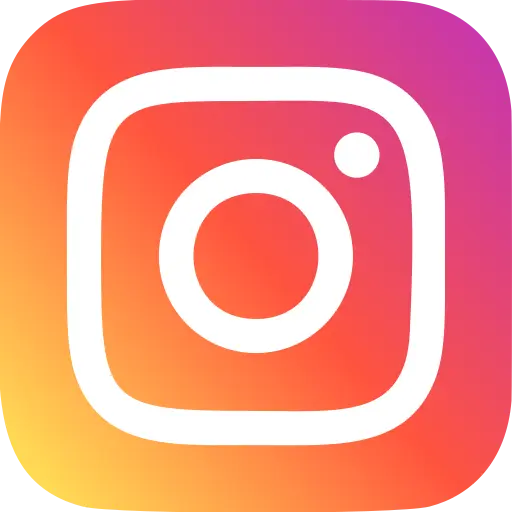According to the WFA (World Federation of Advertisers), out-of-home ad spending decreased by 49 percent in the first half of the year 2020 and is already 39 percent lower than projected for the second half. However, as VIOOH's Jean-Christophe Conti points out, OOH is showing indications of regaining its foundation for 2021. (particularly in terms of programmatic). Even during the lockout, advertisers are displaying great levels of innovation, with some off-the-wall commercials.
Here’s a look at some stand-out examples of Out-Of-Home Advertising in the year 2020:
1. Twitter
Twitter used 'caution fatigue,' or the apparent lack of motivation to engage in social distancing or proper mask-wearing attempts to combat the spread of the virus, for an OOH advertisement in September 2020. Twitter put a lot of its users' tweets about the matter into billboards that were exhibited in seven US cities, including Florida, Chicago, and Los Angeles, to remind and urge people to wear masks. "So...is 'hey nice mask' the new pick-up line?" one message asked. " and “Why do I feel like everyone’s giving me Resting Mask Face? ”
While Twitter is known for passionate and heated debate (especially when it comes to CoVid-19), the campaign was purposefully created to be lighthearted and accessible, while strongly urging us all to do the right thing.
2. Paddy Power
Paddy Power isn't typically associated with doing good, but the betting company got behind the "stay at home" campaign in March, urging people to "Give Our NHS Better Odds" and relieve the load on our healthcare system.
3. Outsmart
The outdoor advertising sector donated media space to the 'Grateful Britain' campaign in April 2020, which magnified the nation's thanks to the NHS and other frontline workers. The campaign, which was run by Mother London and started by Outsmart, the UK OOH trade body, uses fun and conversational language to emphasize the many and various tasks that have been so important throughout lockdown and beyond.
4. Emily Snacks
On day three of the Festival of Marketing 2020, Tom Fishburne (aka The Marketoonist) gave a session about Emily Snacks as a solid example of how to integrate relatable humor into advertising. The brand ingeniously altered an outdoor advertising campaign to mock its original intended launch's poor timing.
Fishburne said: “They committed to their first advertising campaign at the end of 2019, planning for an outdoor ad campaign, unfortunately not realizing that it would run in the summer in the UK when everybody was sheltering. Rather than pull the ad or run completely generic advertising, they decided to have a bit of humor about the situation they were in.”
Emily’s campaign is also an example of “affiliative humor”, which as Fishburne explained, is when you find empathy in humor through a shared experience, in this case, the impact of the coronavirus pandemic.







